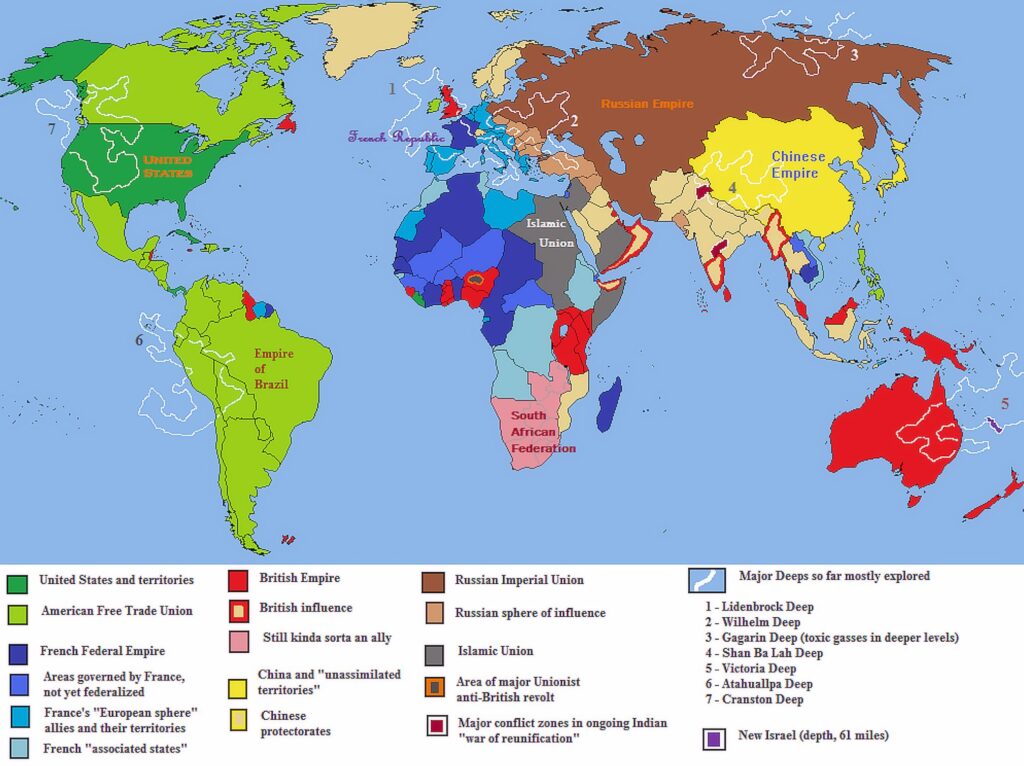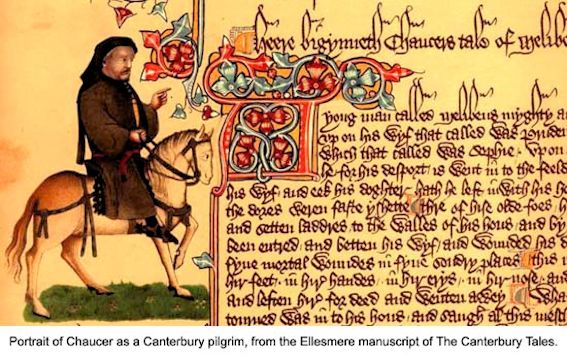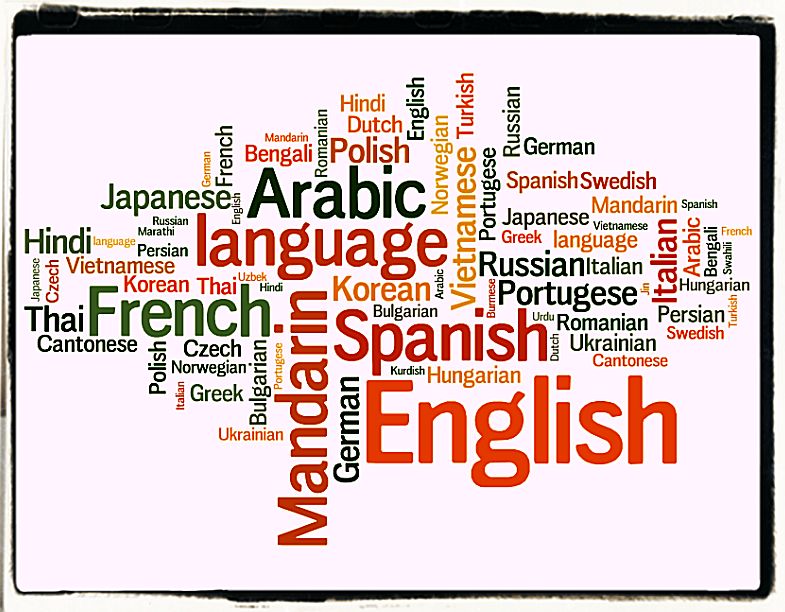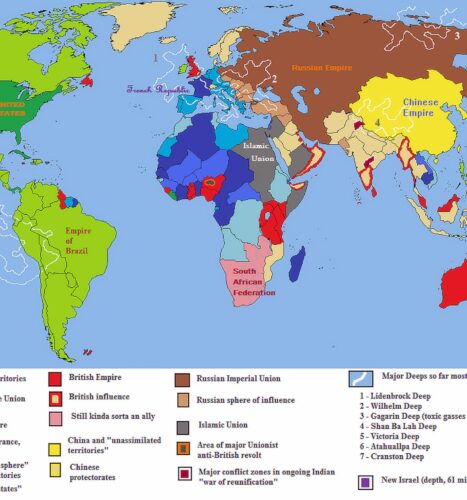
There is no such thing as ”the Queen’s English.” The property has gone into the hands of a joint stock company and we own the bulk of the shares!
Mark Twain
Difference between English and German. English is the language of international air traffic control, sea navigation, computers and space technology, business, economics, finance and banking, marketing and advertising, of world wide scientific research, sport and games, on the contrary the German language is used to train shepherd dogs!
Carl William Brown
English has been widely dispersed around the world, it is official language in 83 countries/regions and spoken in 105 other countries. Curiosity: English language does not have official status in Australia, the United Kingdom, and the United States. Approximately 375 million people speak English as their first language and then we have still 508,000,000 people including second language speakers. English today is probably the third largest language by number of native speakers, after Mandarin Chinese and Spanish.
Carl William Brown
Most languages are mixed, or blended, as people have moved across the world. It would be hard to find a language that has stayed ‘pure’. English is more mixed than many because we have had so many influences – Latin, French, Italian, German, Scandanavian, Greek, Middle-Eastern, Asian, Native American and many more. Anyway English is fundamentally Germanic (note: not the same as German!). This is where its sounds and grammar are rooted. What is remarkable about English is, that it hasn’t only borrowed specialist words and words for new phenomenons (like practically every language does), but also ‘core vocabulary’ like ‘everyday’ nouns and pronouns. E.g. the word ‘they’ is actually a borrowing from Old Norse. During the period when the Scandinavians (or Vikings, if you prefer) ruled large parts of England, tons of Norse words came into the language (e.g. ‘egg’, ‘window’, ‘worm’). Around the Middle Ages, many French words were borrowed; many of them military and law terminology (e.g. ‘battle’, ‘attack’, ‘tower’ etc. etc.). Even so, the words were adapted to English phonology and spelling, cf. the French words ‘battaille’, ‘attaque’, ‘tour’. So today, you can’t speak of the English forms as being French, even though their origin is.
Most Europeans who start learning English as a foreign language often wonder why several words look or sound like those in their own languages. The language still bears the marks of its composite origin. Speakers of Romance languages such as Spanish, French and Italian will recognize a number of expressions which, however, may seem utterly unfamiliar to German, Dutch or Swedish people. The latter, in turn, can easily guess the meaning of certain terms that bear no resemblance to their French or Italian equivalents. That is because modern English is derived from Middle English, which was the result of a gradual combination of the three main languages that were used in medieval England.
After William of Normandy conquered the country in 1066, his court and his barons carried on speaking their native language, French. At the same time the conquered Saxons, William’s feudal subjects, spoke Old English. This was the Germanic language of the Anglo-Saxons, which had been strongly affected by Viking dialects in the 9th and 10th centuries. Like Latin and other languages Old English was characterised by complex morphology and word order but then it was slowly subjected to a process of constant simplification. In time, Norman French and Old English mingled with the Latin of the clergy and scholars to form Middle English, the earliest corpus of present-day English.
Of course, that also holds true for other languages, but English offers the most interesting example: in a number of cases, the names for animals and meat are quite different from each other. Walter Scott suggests a brilliant explanation in a famous episode of his historical novel, Ivanhoe. According to his story, this feature of the language can be traced back to the social conditions in Norman England. When the Norman lords ordered meat for their banquets they did so in French. On the other hand, the Saxon serfs looked after the animals and hardly ever ate meat, so they used their Germanic words to speak about the living thing. For instance, veal and pork are two kinds of meat from a calf and a pig respectively.

Saxons and Normans
“What do you call those grunting animals running about on their four legs?” asked Wamba.
“Swine, fool, swine’, said Gurth, “every fool knows that”.
“And swine is good Saxon; but what do you call the animal when it is killed, quartered and hung up by the heels, like a traitor?”
“Pork”, answered Gurth.
“I am very glad every fool knows that, too”, said Wamba, “and pork, I think, is good Norman-French. And so, when the animal lives, and is in the charge of a Saxon slave, it is called by its Saxon name, but becomes a Norman and is called pork, when it is carried to the tables of the Norman Lords. And I can tell you more: the ox has a Saxon name, while it is under the charge of serfs such as you, but becomes beef, a good French word, when it arrives before the teeth that are destined to eat it. The calf, too, becomes veal in the like manner: it is Saxon when it requires tendance, and it takes a Norman name when it becomes a matter of enjoyment”.
“By St. Dunstan”, answered Gurth, “you tell sad truths; little is left to us but the air we breathe. The best food is for their tables, our best soldiers die in distant lands fighting for their foreign masters, and few are left here who have either the will or power to protect the unfortunate Saxon ‘.
Walter Scott (Adapted from “Ivanhoe”)
Nowadays over 360 million people speak English as their mother tongue. Although English is numerically second to Mandarin Chinese, which can claim some 600 million native speakers, no one would seriously propose learning Chinese as a practical world language. In fact the Chinese themselves are now busy implementing plans to learn English on a large scale. Not only would Chinese be too difficult, but its 600 million speakers are confined to one relatively small area, whereas English speakers, thanks to the British Empire, and to the English European World Culture are to be found on every continent and in every corner of the globe.
To a European, the English speaking world probably means little beyond the United States of America and England, but when a European says “England” he most likely means the United Kingdom, which, of course, is composed of four different English speaking countries: Wales, Scotland, Ulster (also known as Northern Ireland) and England. With a bit more thought, a European will remember to include Eire, the Republic of Ireland, Australia, Canada, South Africa and New Zealand, perhaps. But these are only 10 of the 45 countries which consider English their first or official or natural native language. In addition there are 19 other countries for which English is the practical or educated first language countries like Guyana, India and the Sudan.
Most of the important African states are English speaking by tradition and by choice using English to unify the country and serve as the principal means of communication between diverse tribes. Kenya, Nigeria, Zambia, Ghana, Malawi, Tanzania just a few of the black African countries which depend on English for their law courts and parliaments and day-to-day business dealings. In Asia, the English language serves the same purpose for the entire Indian sub-continent as well as for the smaller outposts of the Empire now the Commonwealth such as Fiji, Tonga, Hong Kong, Singapore, Malaysia and Ceylon or rather Sri Lanka, as it is now called. The Caribbean Sea is sprinkled with islands in the sun, Bermuda, Barbados, Trinidad, Jamaica, Dominica, the Bahamas where English is spoken by everyone, black, white or brown.

English contains many variations of accent and even dialect, but unlike Italian or German, the dialects are rarely different enough to make comprehension impossible. True, a London Cockney would have a very difficult time in a conversation with a steel worker in Glasgow, and a Carolina cotton picker might find it difficult to understand and be understood by a sheep farmer from Australia, but a businessman from, say, Indianapolis, Indiana, U.S.A. would have few problems dealing with4 a businessman from Dublin, Ireland or Sydney, Australia, Auckland, New Zealand, Liverpool in England, Johannesburg, South Africa or Kingston, Jamaica. A reasonably educated standard English allows comprehension and communication all over the English speaking world. Can you guess where these native English speakers come from?
But the geographical spread of the English speaking world cannot entirely account for English being the “lingua franca” of the modern world. The industrial and technological achievements, mainly of Britain and the United States, has made English the international language of many different fields, like: International air traffic control; Sea navigation (morse code between ships); The complex jargon of computers and space technology; International scientific, business and financial world conferences; Advertising and marketing is another field which is largely dominated by the English language.
What’s more through the Afro-American people, English became the language of jazz. English continues as the language of pop music throughout the world not only from British and American pop stars but as the chosen language of the Swedish group Abba and the Spanish group Baccara, and no doubt many others in other countries. The British enthusiasm for competitive sport has given the world soccer football, rugby football, golf, tennis, cricket, squash, boxing, competitive swimming, rowing, modern horse racing and even ping gong. To this list, the Americans have added volley ball, basketball and baseball. It is hardly surprising that English is the international language of sport, and words like “corner”, “penalty”, “goal”, “K. O.” and smash” are familiar in every language.
English is also the language of education, so we can’t forget the term “blended learning” that can be used to define a wide range of instructional models, a kind of eclectic and hybrid didactic method of learning and teaching. Throughout the third world, most secondary education and virtually all university lectures are in English. Even in Europe in countries as small as Sweden and as large as Russia, scientists and scholars of all kinds write their most important research and theses in English to . guarantee the largest possible audience. And since the formation of the NATO forces, English has also become the language of the western military establishment the soldiers of all NATO countries being trained and taught in English. In addition, the English language can claim the most extensive and richest poetical literature of any language in the world.
A Brief History of the English Language. (Pdf file) ;
Read more about the world of English ;


